Plant Sciences
College of Agriculture, Food and Environmental Sciences
California produces nearly half of U.S.-grown fruits, nuts, vegetables, flowers and more. Agricultural and environmental plant scientists study how these plants grow and develop ways to improve quality and yield while preserving natural resources.
San Luis Obispo, California
The agricultural and environmental plant sciences curriculum includes courses in soil science, botany, plant breeding, weed biology and management, agricultural entomology and plant propagation.
Plant Pathology Lab
Use the latest techniques and instrumentation to identify plant diseases on commercial crops and to pursue research on methods to control specific plant pathogens.
Plant Protection Lab
Participate in hands-on pest management activities on campus fruit trees and other crops.
Postharvest Lab
Use current instrumentation, packaging and chemical techniques to monitor and maintain the quality and shelf-life of fruits, vegetables and flowers.
Environmental Horticultural Science
In this concentration, you will study the plants we encounter in our everyday lives in our parks, gardens and other public spaces. This concentration prepares you to work in nurseries, greenhouses and in landscape and floriculture industries including public horticulture.
More about Environmental Horticultural Science
Fruit and Crop Science
This concentration prepares you to grow and manage fruit and vegetable crops. It includes courses in pomology, vegetable production, postharvest technology and precision farming.
More about Fruit and Crop Science
Plant Protection Science
In this concentration, you will gain a broad range of pest management subjects including entomology, plant pathology, weed control and vertebrate pests. You will also be trained in the scouting and identification necessary to successfully function as pest control and certified crop advisors.
About the Program
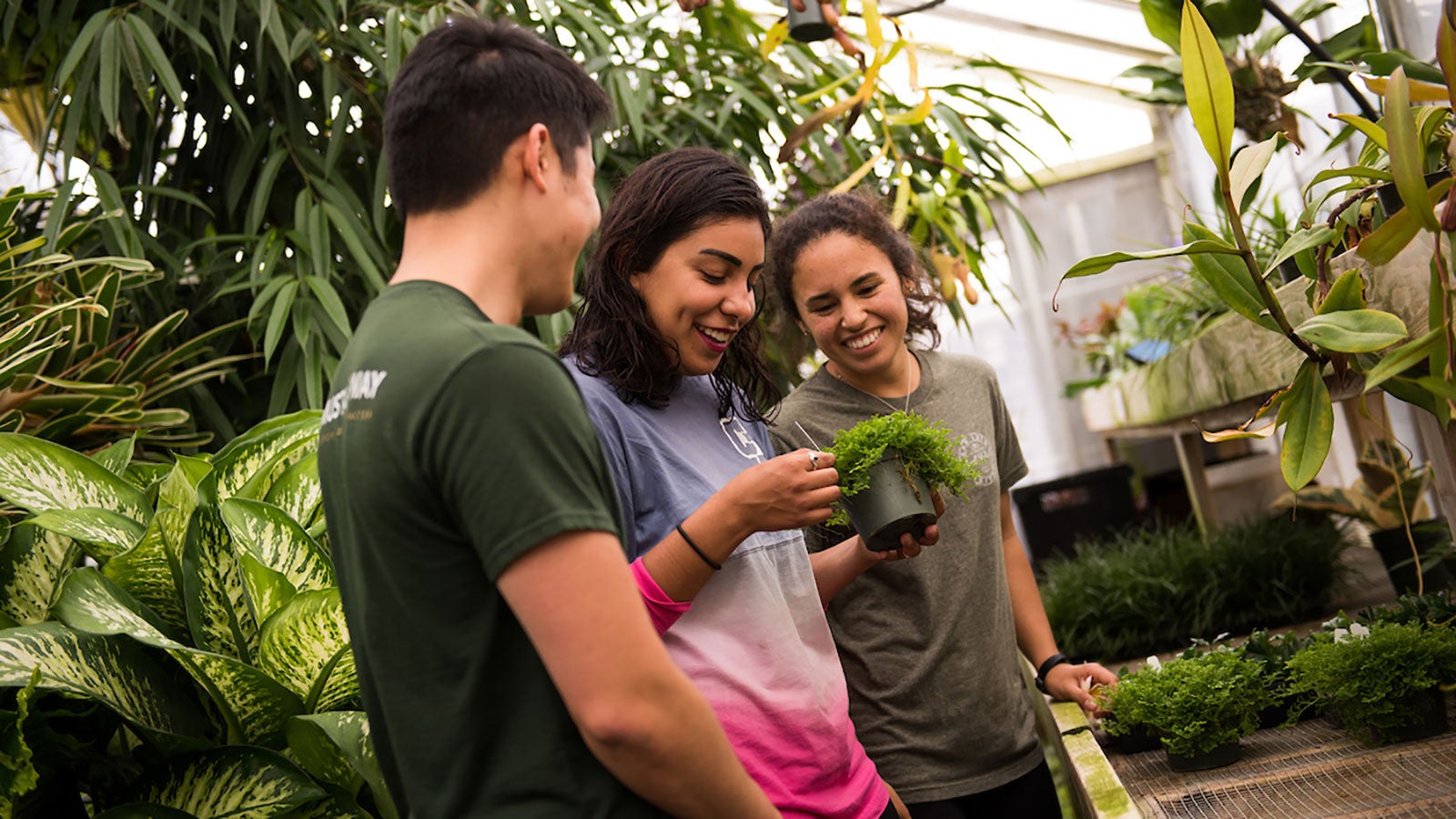
A degree in plant sciences will give you the tools, knowledge and abilities to improve the productions of crops.
You will learn to explore new ways to improve crop yield and quality with less labor as well as how to control pests and weeds more safely and effectively, all while learning to conserve soil and water. You will choose between three concentrations – environmental horticultural science, fruit and crop science, or plant protection science. All concentrations allow you to work and study side-by-side with professors in our fields, groves, vineyards, nurseries, orchards, arboretum and gardens, and greenhouses to look for solutions to real-world problems.
California Impact
The Horticulture and Crop Science Department operates 135-acres of productive farmland, including an 11-acre certified organic farm within walking distance of the San Luis Obispo, California campus core. You are able to learn how to grow and nurture crops and sell it at farmers markets, the campus market and to local vendors and restaurants. Research opportunities are available in the department’s fields or greenhouse facilities or one of the three research laboratories. Internships and collaborations with industry partners provide yet another rich layer of our learning process.
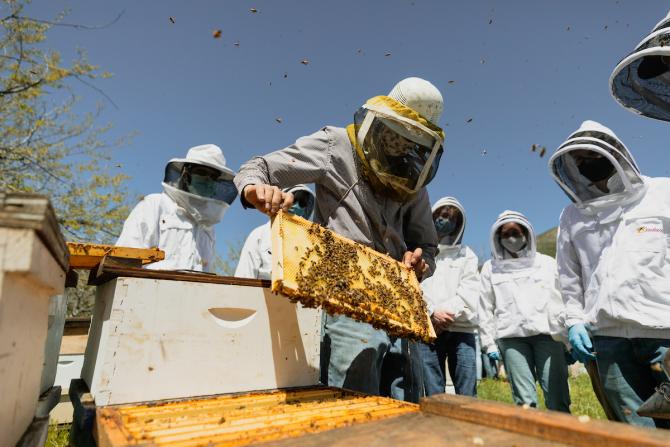
Swarm to Beekeeping Class
Catching More Students with Honey: Variety of Majors Swarm to Beekeeping Class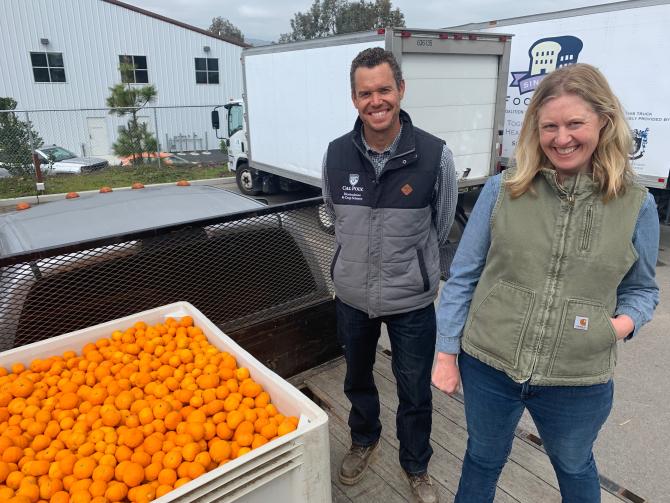
Helping SLO County Residents in Need
Horticulture and Crop Science Department Donates Citrus to Help SLO County Resi…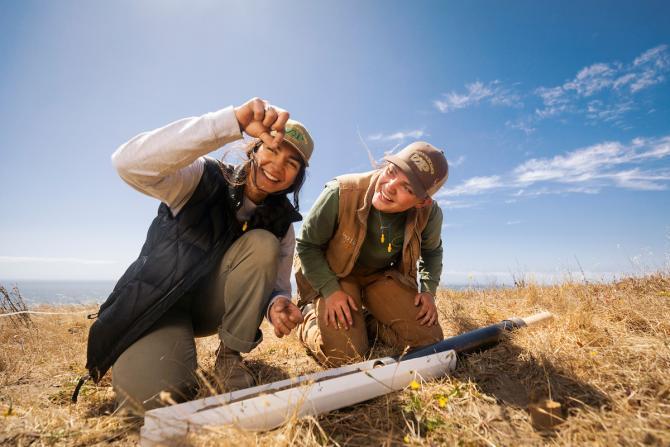
$200,000 Healthy Soils State Grant
Professors Awarded a $200,000 Healthy Soils State GrantOur Graduates
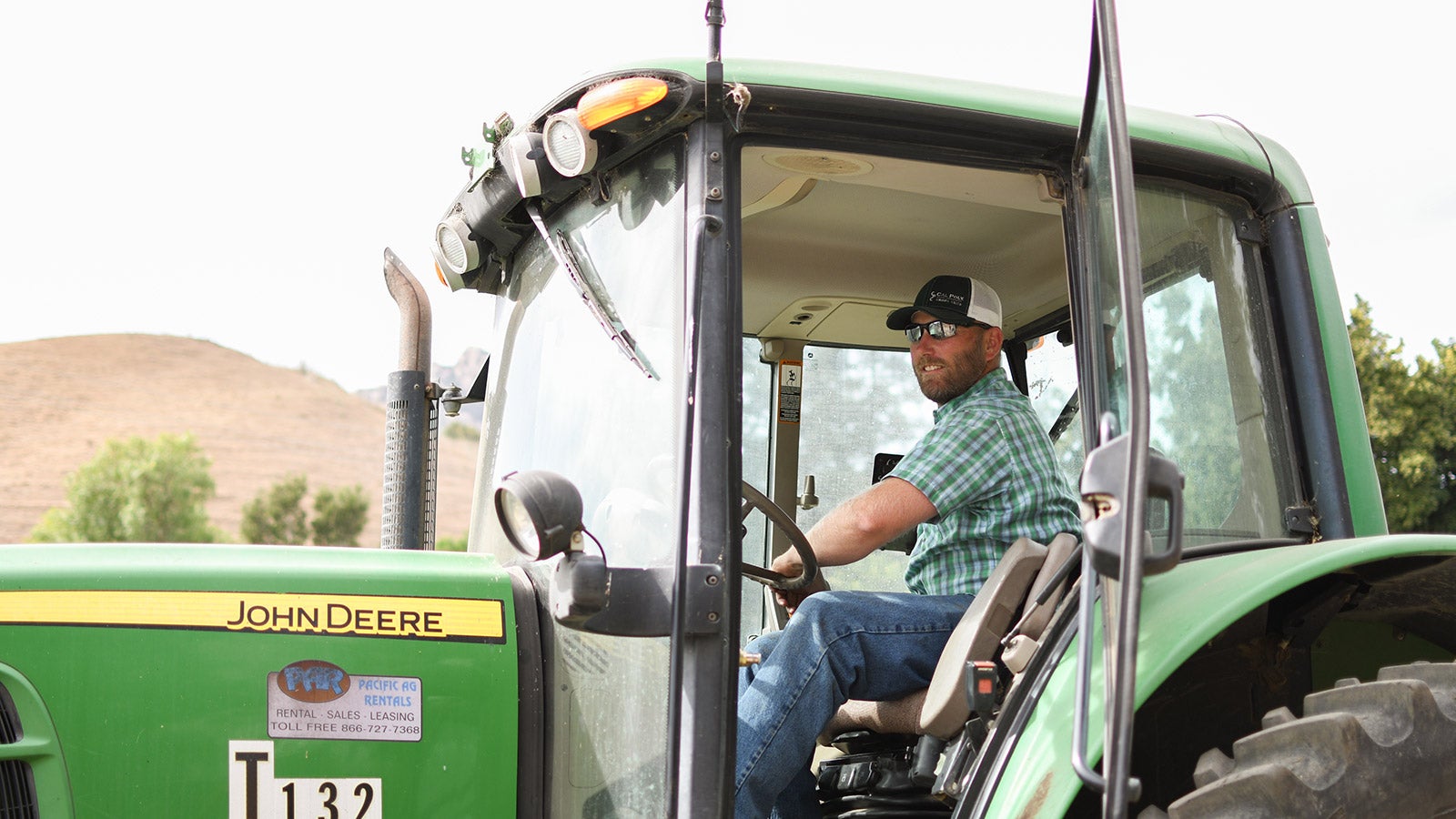
Our graduates are in high demand and find careers as pest control advisors, certified crop advisors, quality assurance specialists and field, orchard, greenhouse and nursery managers.
They are also employed at labs assisting with food safety and quality and in government enforcing agricultural regulations. Some graduates choose to earn advanced degrees, attending universities such as UC Davis, Cornell, Washington State and even law school.
